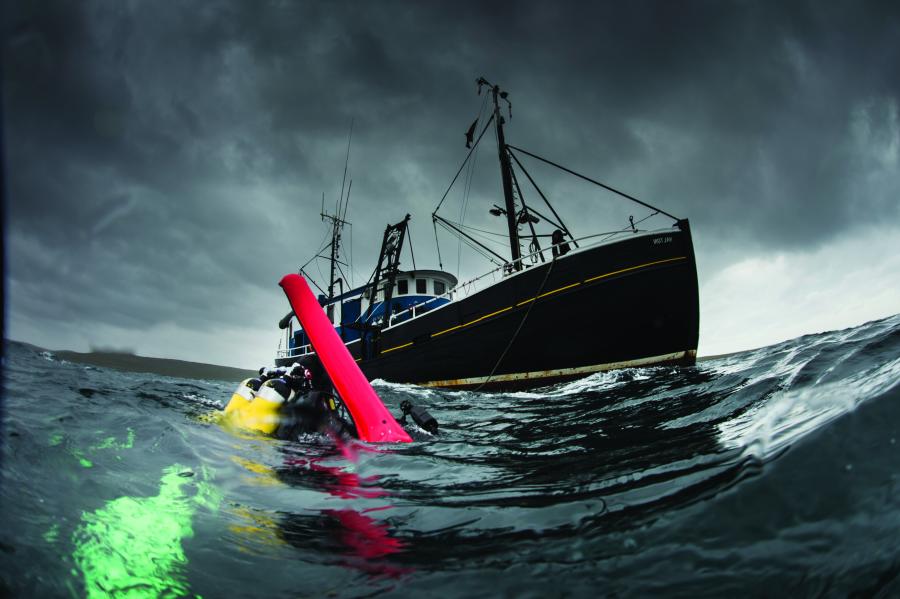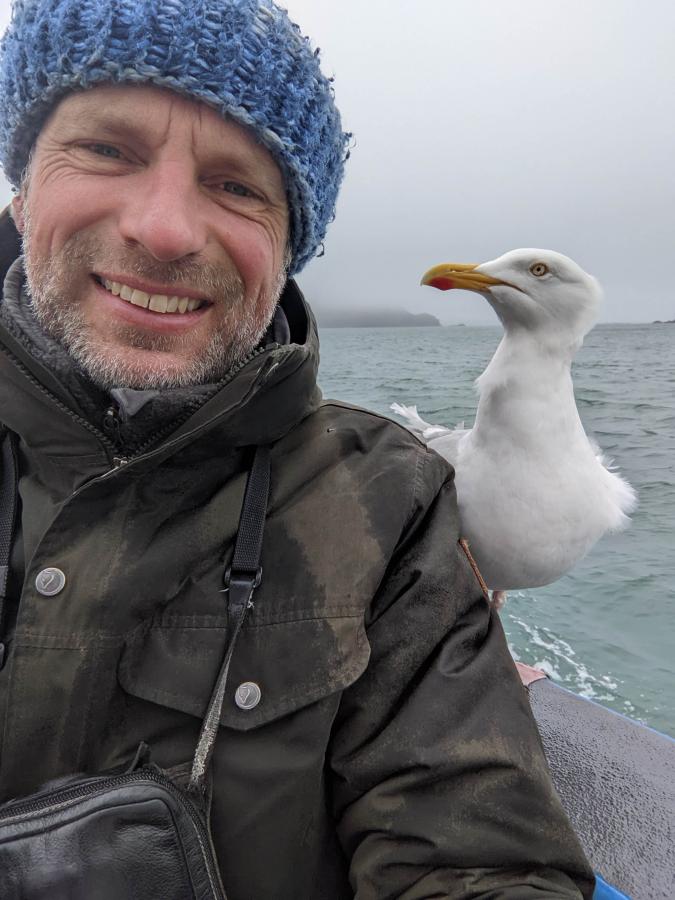Mobile bottom-fishing provides 35% of global catches worth over £27 billion, but it can cause serious ecological damage.
The impact of bottom fishing is often perceived as an environmental risk. Bangor’s research has provided quantitative evidence-based tools to assess the ecosystem effects of bottom-fishing at regional and global scales.
This underpinning research provides the tools to estimate bottom fishing impacts worldwide, which is essential for the fishing industry, conservation, management, and certification bodies to guide the choice of management measures needed to meet sustainability objectives. Significantly, because of these estimated globally applicable parameter values, Bangor’s model can be applied to data-poor fisheries, e.g., much of the southern hemisphere.
The tools have been the primary tool recommended for use by the Marine Stewardship Council to ensure biodiverse and resilient seabeds for their certified fisheries. They have been endorsed by the International Council for the Exploration of Seas for use in the EU Marine Strategy Framework Directive to achieve key policy requirements and were used by Welsh Government to underpin a consultation and decision on scallop dredging in a marine protected area.


We collated all existing research that studied the impact of bottom trawling on seabed habitats, and synthesized this large body of research in a meta-analysis to provide the best-available estimates of the depletion of seabed fauna by bottom trawling and their recovery rates. By using these estimates in an ecological model, we can provide predictions of the regional scale impact of bottom trawling activity that stakeholders such as MSC require.
